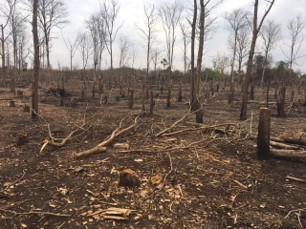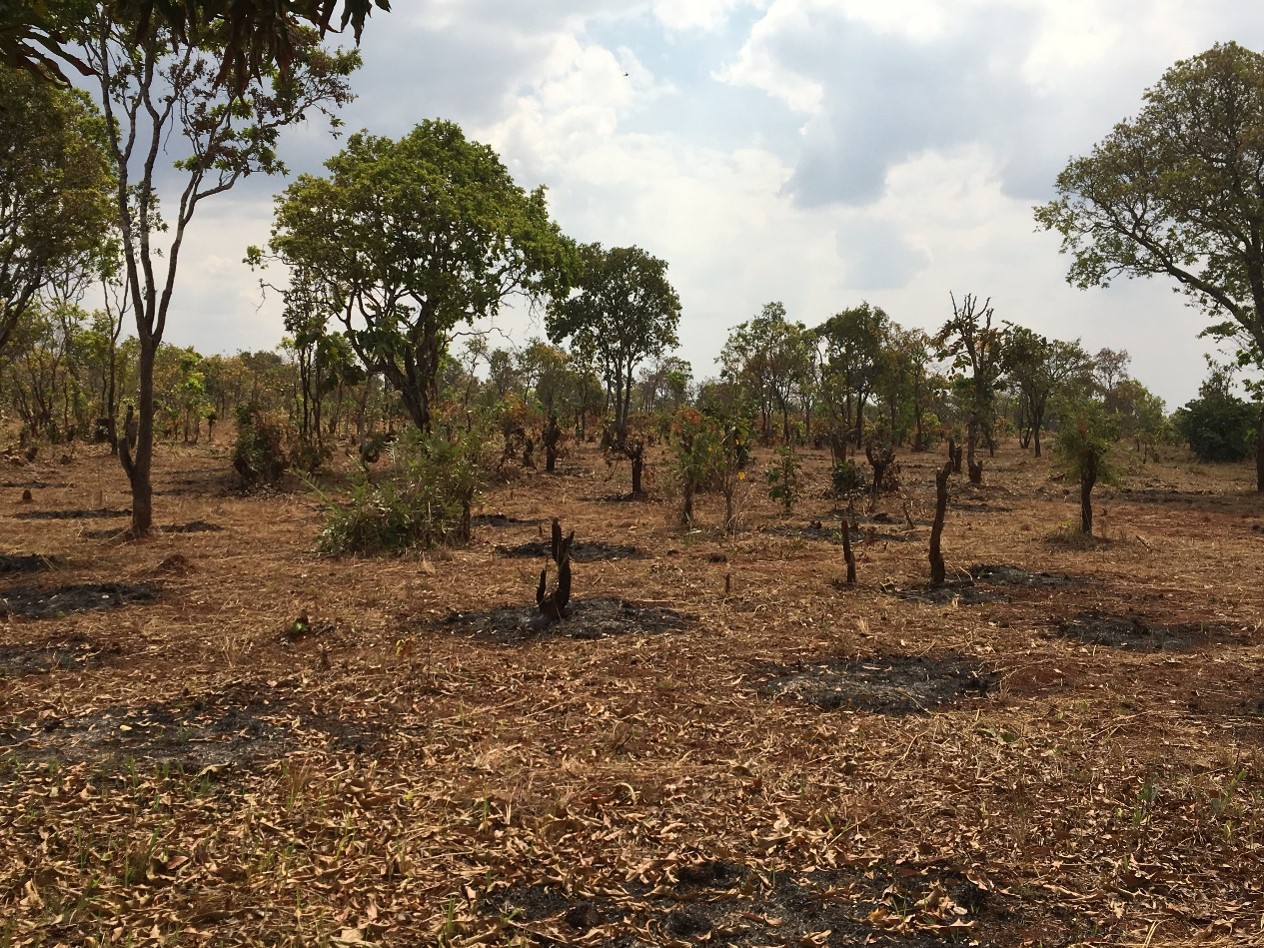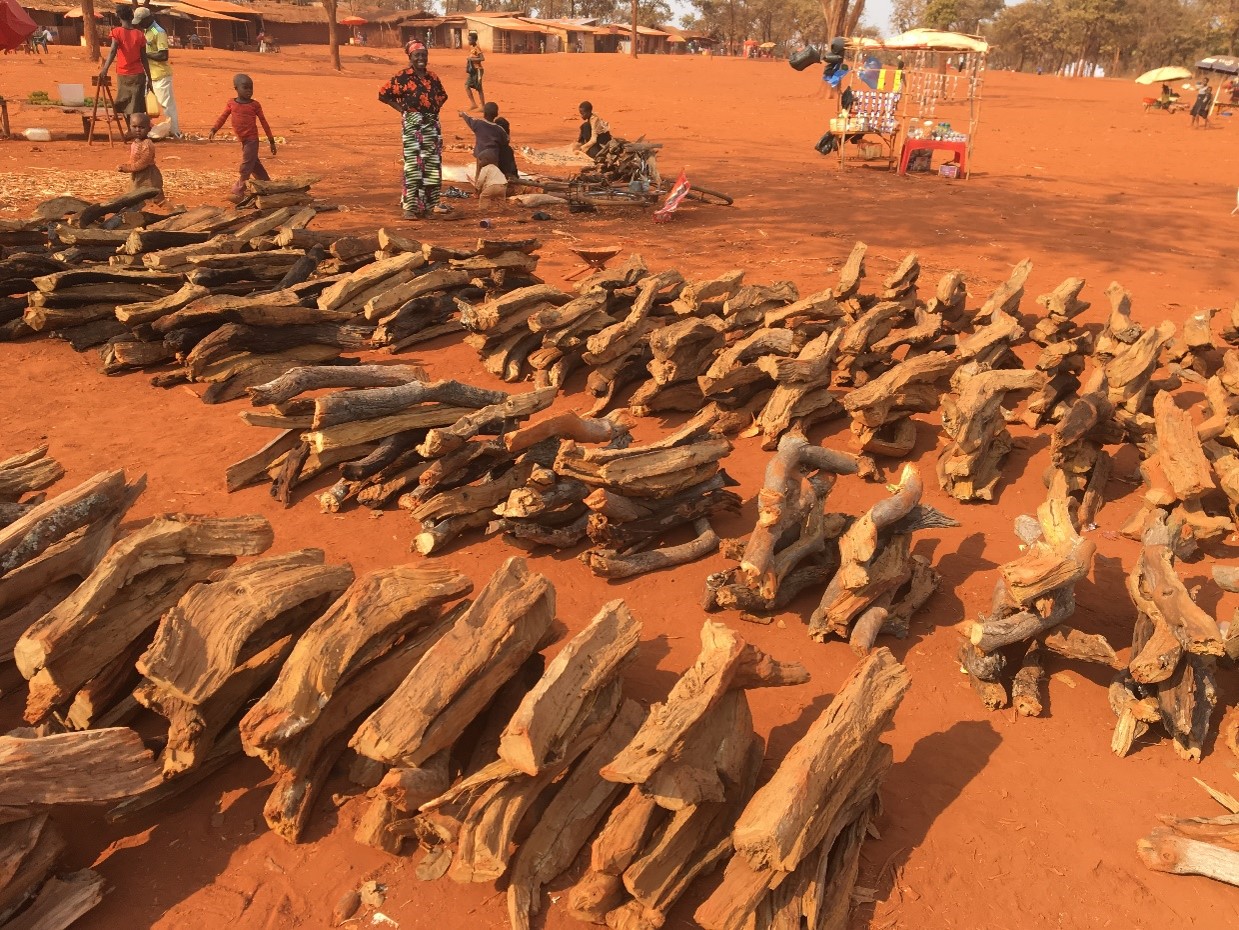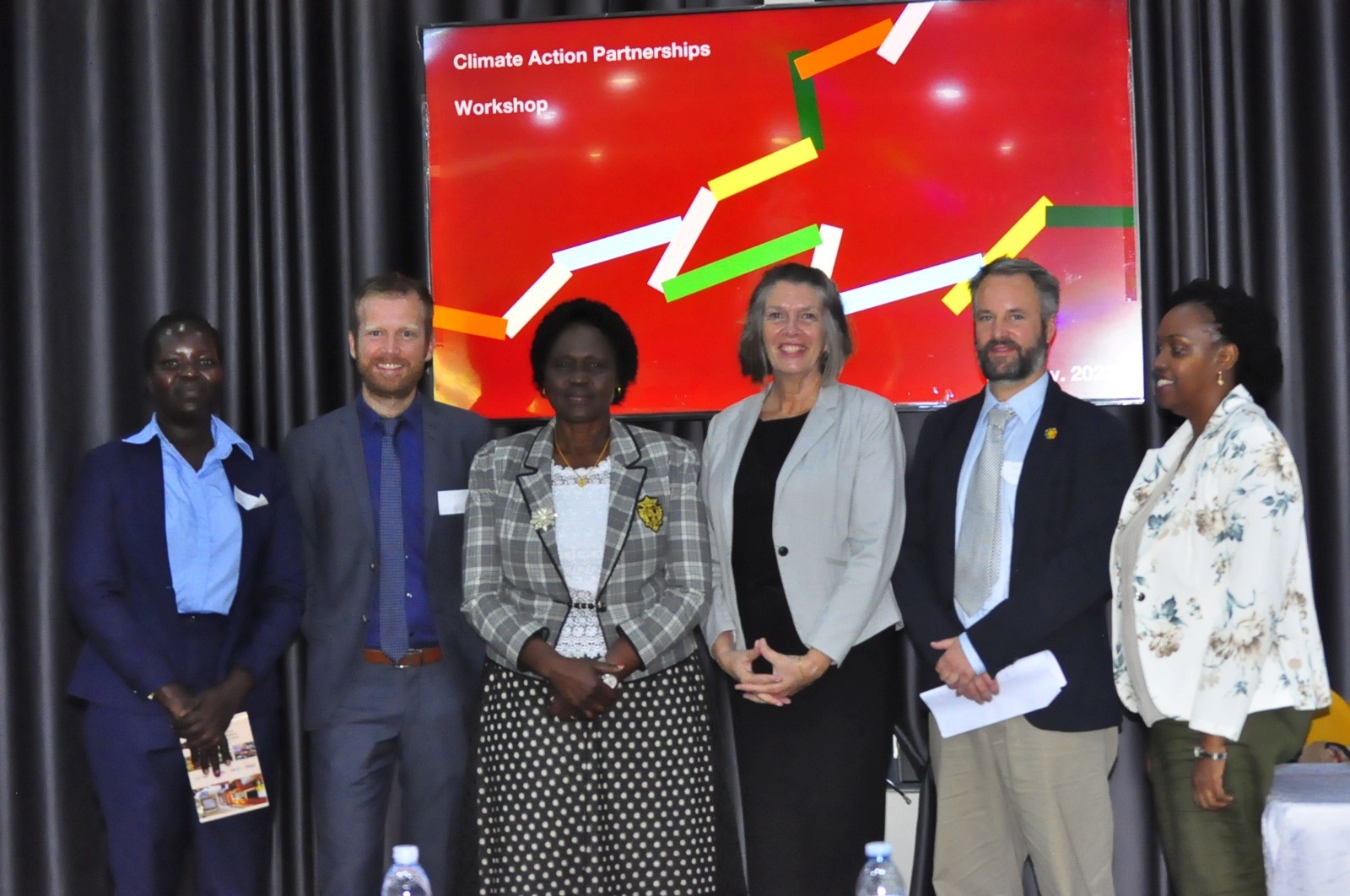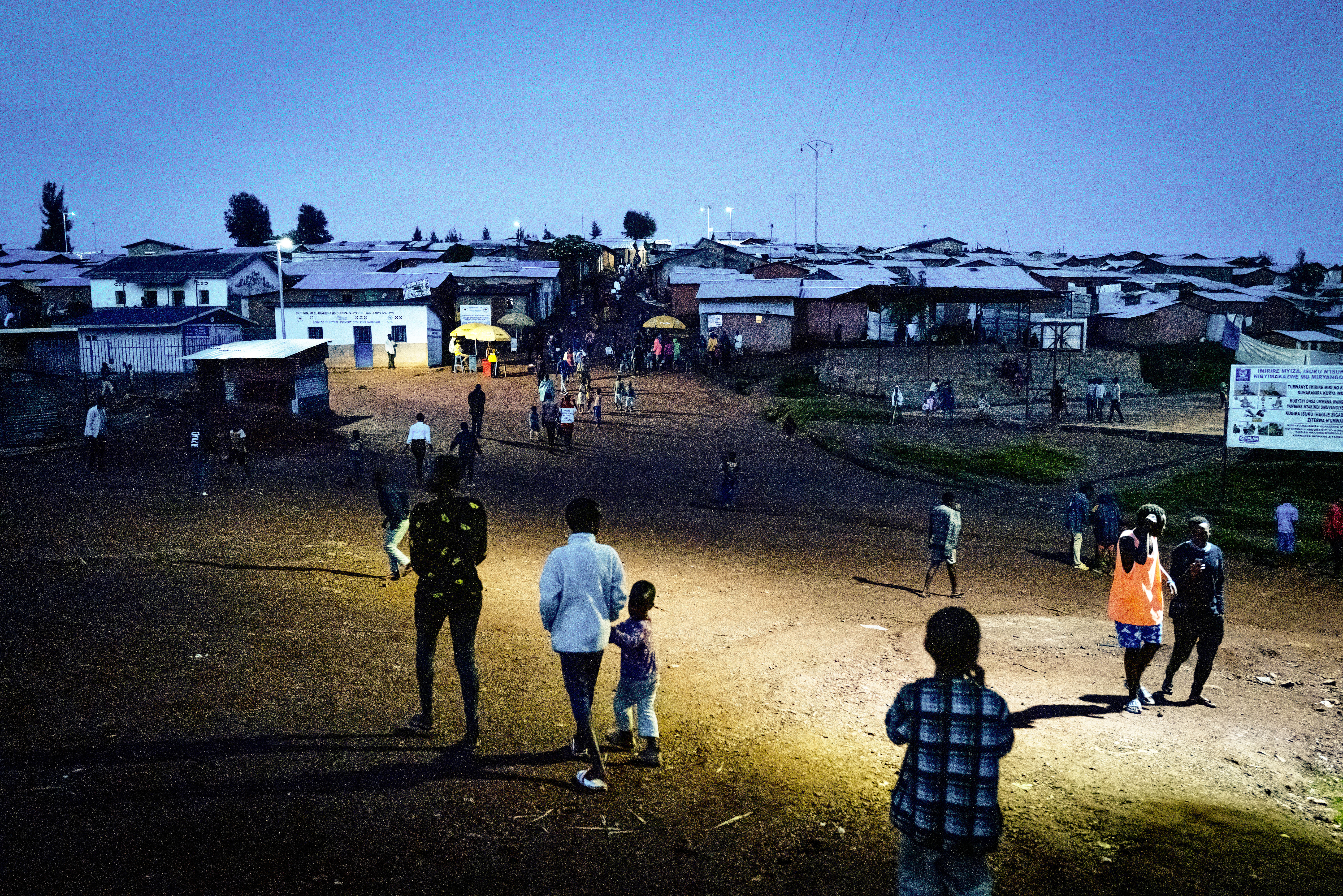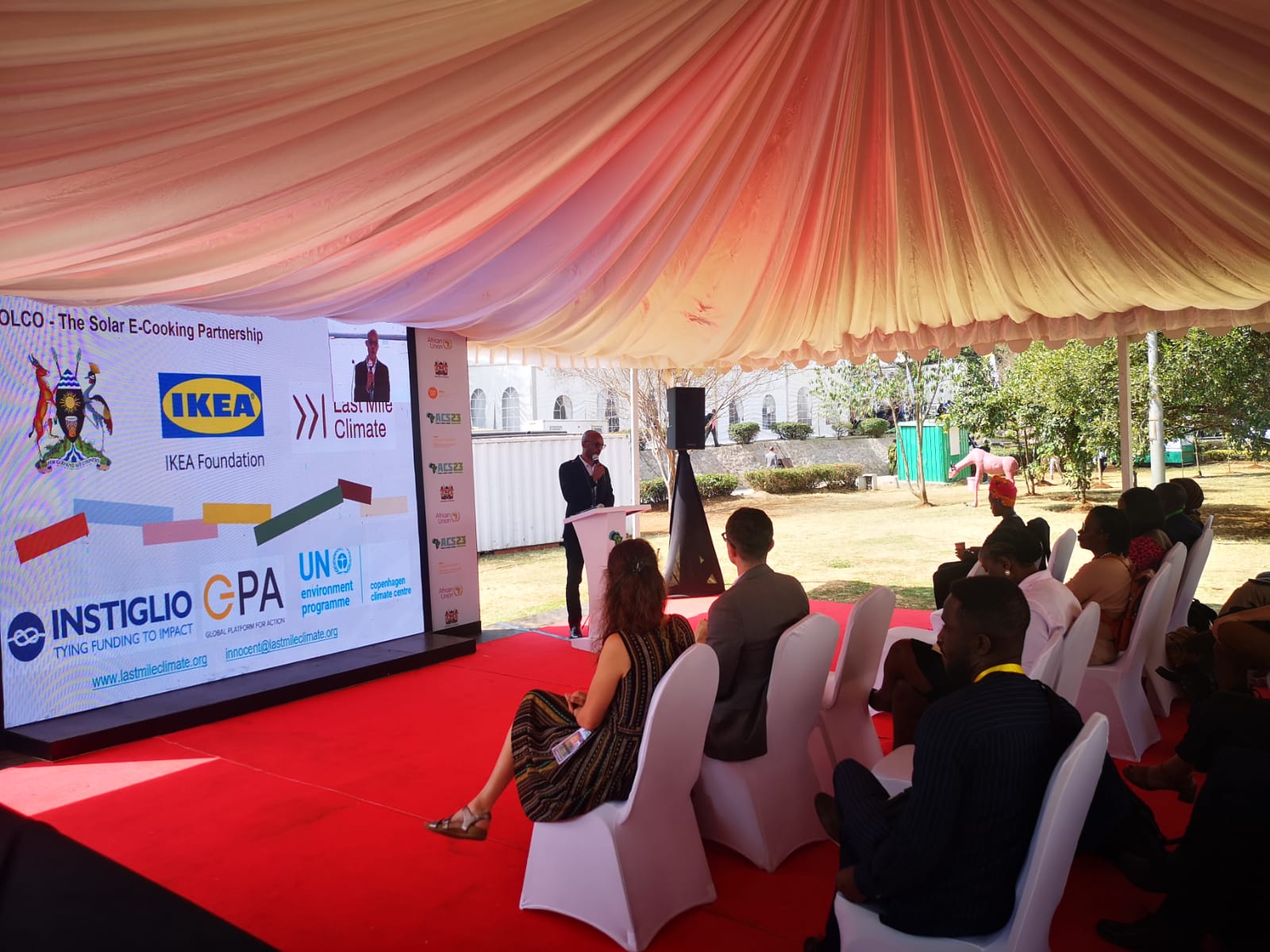UNEP Copenhagen Climate Centre is helping to design a new financing model to boost access to clean energy for displaced populations.
Energy poverty among displaced populations in low-income countries is a major challenge leading to deforestation, relatively high greenhouse emissions and a range of risks to human life and health.
This includes indoor air pollution, conflict with local communities and violent crimes committed against women and children who are often responsible for collecting wood fuel.
Despite these clear issues, progress towards SDG7 on affordable and clean energy remains slow in situations of forced displacement.
To accelerate the much needed action UNEP Copenhagen Climate Centre was part of founding the UN’s inter-agency ‘Global Platform for Action’ (GPA) in 2018 to gather and coordinate relevant agencies.
Kick-starting solar e-cooking
Part of this work is the Solar-Electric Cooking Partnership (SOLCO), which aims to transition more than 250,000 displaced households across Africa to solar-electric cooking by 2027, leveraging a minimum of $100 million in various sources of private and public funding and finance.
As SOLCO enters its implementation phase UNEP Copenhagen Climate Centre is working with GPA partners MercyCorp and the Government of Uganda to design a blended financing mechanism for SOLCO. The Governments of Nigeria and Zambia have also expressed an interested in working with the ‘SOLCO model’.
In Uganda it builds on the work completed under the GPA Roadmaps for Energy Access in Displacement Settings (READS) Programme, which identifies specific project ideas and partnerships for investment including on solar e-cooking.
Broadly speaking the aim is to crowd-in various sources of public and private capital, both local and global, to de-risk and lower the cost of household borrowing for solar e-cooking technologies. Where public grant funding is used, the purpose is to kick-start the market for these game-changing technologies, thus having a catalytic and economy-wide ‘transformative’ impact.
Accelerating access to energy
Solar energy technologies at various scales and applications have the potential to accelerate access to energy, especially in off-grid areas of Africa where the feasibility, supply and cost of standalone systems brings them within reach of even low-income households.
SOLCO is one of three multistakeholder pledges co-developed by UNEP Copenhagen Climate Centre under the Last Mile Climate project supported by the Ikea Foundation and submitted as one of various multistakeholder pledges to the Global Refugee Forum in December 2023. SOLCO also operates as the displacement-inclusive initiative under the Global electric Cooking Coalition (GeCCo) launched at COP28.
Integrating displaced populations into host country climate action
The issues facing displaced people when it comes to access to sustainable energy, and proposed solutions, are also discussed in a Policy Brief on “Integrating displaced populations into national climate change policy and planning” published by UNEP in September 2023 in partnership with IOM, the NDC Partnership and the GPA.
